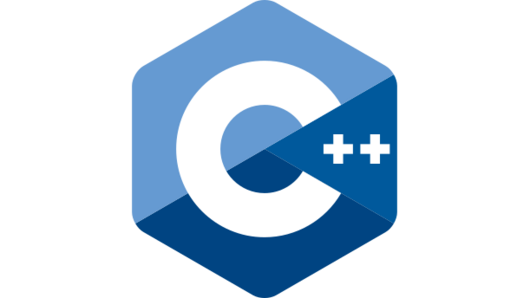Höchstleistungsrechenzentrum Stuttgart

07. März 2023
08:45
10. März 2023
16:30
Deutsch
Mittel
ThemenbereicheProgrammiersprachen für wissenschaftliches Rechnen
ThemenC/C++
Course participants should have basic UNIX/Linux knowledge (login with secure shell, shell commands, simple scripts, editor vi or emacs). At least one year of experience with the language is needed. This includes a good understanding of the basic mechanics (header files, source files, compilation), good knowledge of the syntax of C++, and some experience with templates and inheritance.
The course language is German. The slides are in English.
If you want a similar course in English, then please look at the 3- or 4-day advanced C++ courses at LRZ , the 4 day course at VSC in Vienna or directly on Klaus Iglberger's course page.
Klaus Iglberger (External)
After this course, participants will:
All times are local times in the central European time zone (Berlin).
Drop in to Zoom (8:45 - 9:00)
1st day course schedule (9:00 - 17:00)
2nd day schedule (9:00 - 17:00)
3rd day schedule (9:00 - 17:00)
4th day schedule (9:00 - 16:30)
Each participant will get a copy of all slides (PDF).
There are currently no more places available in this course. However, we encourage you to apply for a place in the waiting list since places might become available.
Apply for this course via the button at the top of this page.
Registration closes on February 28, 2023 (extended registration phase).
Late registrations after that date are still possible according to the course capacity, possibly with reduced quality of the handout.
Link to the EU and EU-associated (Horizon Europe), and PRACE countries.
Our course fees include coffee breaks (in classroom courses only).
Tobias Haas phone 0711 685 87223, tobias.haas(at)hlrs.de
HLRS is part of the Gauss Centre for Supercomputing (GCS), which is one of the six PRACE Advanced Training Centres (PATCs) that started in Feb. 2012.
HLRS is also member of the Baden-Württemberg initiative bwHPC.
This course is also provided within the framework of the bwHPC training program. This course is not part of the PATC curriculum and is not sponsored by the PATC program.
See the training overview and the Supercomputing Academy pages.
See also information about the HLRS training department and staff.
März 10 - 13, 2026
Hybrid, Stuttgart
Englisch
Mai 19 - 22, 2026
Hybrid, Stuttgart
Englisch
Juni 01 - 02, 2026
Online
Englisch
Juli 07 - 10, 2026
Hybrid, Stuttgart
Deutsch
Nov. 17 - 20, 2026
Hybrid, Stuttgart
Deutsch